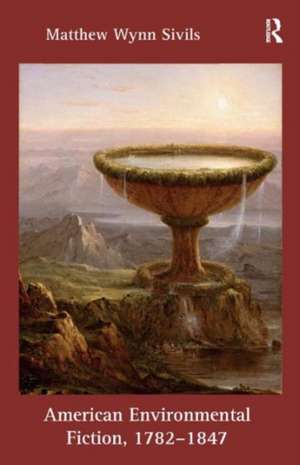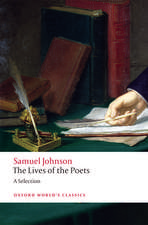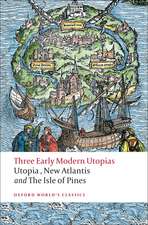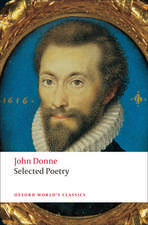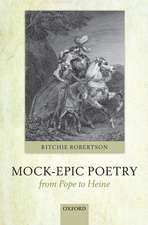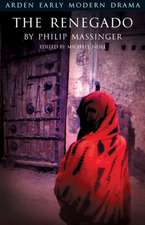American Environmental Fiction, 1782-1847
Autor Matthew Wynn Sivilsen Limba Engleză Hardback – 29 aug 2014
| Toate formatele și edițiile | Preț | Express |
|---|---|---|
| Paperback (1) | 258.09 lei 43-57 zile | |
| Taylor & Francis – 14 oct 2024 | 258.09 lei 43-57 zile | |
| Hardback (1) | 671.56 lei 43-57 zile | |
| Taylor & Francis – 29 aug 2014 | 671.56 lei 43-57 zile |
Preț: 671.56 lei
Preț vechi: 790.07 lei
-15% Nou
Puncte Express: 1007
Preț estimativ în valută:
128.50€ • 134.53$ • 106.33£
128.50€ • 134.53$ • 106.33£
Carte tipărită la comandă
Livrare economică 07-21 aprilie
Preluare comenzi: 021 569.72.76
Specificații
ISBN-13: 9781409431633
ISBN-10: 1409431630
Pagini: 196
Dimensiuni: 156 x 234 x 13 mm
Greutate: 0.5 kg
Ediția:1
Editura: Taylor & Francis
Colecția Routledge
Locul publicării:Oxford, United Kingdom
ISBN-10: 1409431630
Pagini: 196
Dimensiuni: 156 x 234 x 13 mm
Greutate: 0.5 kg
Ediția:1
Editura: Taylor & Francis
Colecția Routledge
Locul publicării:Oxford, United Kingdom
Public țintă
AcademicNotă biografică
Matthew Wynn Sivils is Associate Professor of English at Iowa State University, USA.
Cuprins
Introduction; Part 1 Part I Verdant Beginnings; Chapter 1 Imagining Natural Communities; Chapter 2 Landscapes of Captivity; Chapter 3 Juvenile Environmental Literature; Part 2 Wild Visions; Chapter 4 Speculation, Degradation, and The Pioneers; Chapter 5 The Biogeography of The Prairie; Chapter 6 Envisioning Disaster; after Afterword;
Recenzii
'Sivils set out to draw attention to a literature that has been largely overlooked in the formation of the American literary canon. In this he succeeds admirably. As a children's literature scholar, I am delighted to see works aimed at children incorporated into such a study ... Overall, this is a very welcome study which finds the balance between the general and the particular. I might also add that it is extremely pleasurable to read.' International Research Society for Children's Literature 'Ecocritics and early Americanists alike will find much of interest here. ... American Environmental Fiction, 1782-1847 has much to offer. Sivils more than delivers on his promise "to illuminate this early stretch in the nation’s larger environmental journey, so that we can learn from the past while we work to address the environmental challenges of the present-day".' Green Letters
Descriere
Situating the origins of American environmental fiction in early Republic natural histories, Indian captivity narratives, juvenile literature, and the subsequent development of a uniquely American brand of environmental fiction that began with James Fenimore Cooper's The Pioneers, Matthew Wynn Sivils argues that these works of early environmental thought contributed to a growing cultural conception of the environment’s importance in shaping the identity of the fledgling nation decades before the influences of Emerson’s Nature and Thoreau’s Walden.
